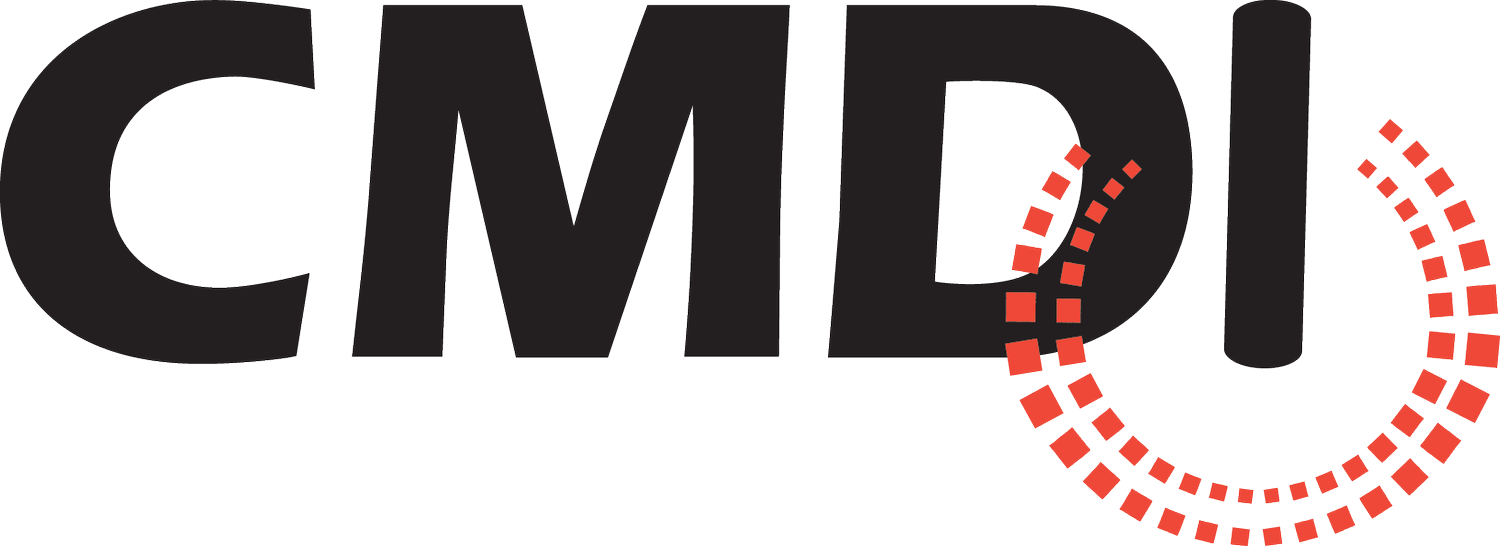Will Apple Disrupt Mobile Fundraising?
 Apple made its first step into the world of mobile payments with the unveiling of Passbook for iPhones and iPods last week. The application serves as a virtual wallet, storing things like boarding passes, coupons and movie tickets until you need them—allowing you to scan your mobile device at the proper time and place. We can’t say we didn’t see this coming.Due to our love of music, Apple’s iTunes has more than 400 million of our credit cards on file. PayPal, whose total business is based on payment processing, only has 100 million credit cards on file. In the online world, Apple is a payment processing juggernaut. In Q1 alone, Apple had over $39 billion in sales. In other words, Apple is really good at managing transactions.Accepting payments is not easy, but because Apple controls the entire vertical—operating system, software applications, handset hardware, payment processing, retail channel, and customer support—it has a significant advantage over players who can only control a portion of the process.Apple may include a near field communications (NFC) chip in the new iPhone 5, used for wireless, two-way communication between devices. That would be game over for many mobile payment competitors.If Apple does evolve the Passbook into a payment processor, how would this affect political fundraising? Here is the vision:
Apple made its first step into the world of mobile payments with the unveiling of Passbook for iPhones and iPods last week. The application serves as a virtual wallet, storing things like boarding passes, coupons and movie tickets until you need them—allowing you to scan your mobile device at the proper time and place. We can’t say we didn’t see this coming.Due to our love of music, Apple’s iTunes has more than 400 million of our credit cards on file. PayPal, whose total business is based on payment processing, only has 100 million credit cards on file. In the online world, Apple is a payment processing juggernaut. In Q1 alone, Apple had over $39 billion in sales. In other words, Apple is really good at managing transactions.Accepting payments is not easy, but because Apple controls the entire vertical—operating system, software applications, handset hardware, payment processing, retail channel, and customer support—it has a significant advantage over players who can only control a portion of the process.Apple may include a near field communications (NFC) chip in the new iPhone 5, used for wireless, two-way communication between devices. That would be game over for many mobile payment competitors.If Apple does evolve the Passbook into a payment processor, how would this affect political fundraising? Here is the vision:
- Supporter keeps a token, representing their credit card information and stored in iTunes, on their iPhone
- Fundraiser pitches the supporter on why he/she should donate to a candidate, party, PAC, joint-fundraising committee, etc.
- Supporter agrees to make a donation and opens up Passbook on their iPhone
- Fundraiser opens up a payment processing application on their iPhone, which asks the supporter’s iPhone if they agree to make a donation via NFC
- Supporter, using their iPhone, agrees to the donation
- Fundraiser’s application accepts the donation and collects the donor’s FEC required fields from the supporter’s iPhone
Done and done. Donations are then processed by Apple, which makes sure the funds go from the donor’s credit card into the campaign’s account. The huge advantage for everyone is the removal of key strokes and the ease of the transaction. It’s a simple one-click for the donor, making the gift fast and painless.Watch out PayPal, Google, Square, Visa, MasterCard and the like. There is a very disruptive payment storm on the horizon.———————————-A version of this post was also published on the Campaigns & Elections Campaign Insider blog.———————————-
6/26/2012 UPDATE
Things are moving faster than expected. According to a post in the usually pretty reputable MacRumors,
Next-Generation iPhone Prototypes Reportedly Support NFC for Mobile Payments9to5Mac reports that it has reanalyzed the previously-obtained hardware code dump for Apple's next-generation iPhone prototypes and discovered that the code makes reference to hardware components supporting near field communication (NFC) capabilities. "We’ve previously been able to pull data from PreEVT iPhone 5,1 and iPhone 5,2 prototypes codenamed N41AP (5,1) and N42AP (5,2), which leads us to believe that the new iPhone will have a bigger 1136×640 display. We also detailed a lot of the hardware here but forgot one very important little bit. Further investigation into this hardware code dump leads us to believe that these iPhones also have Near Field Communication (NFC) controllers directly connected to the power management unit (PMU)." NFC enables short-range wireless communication between devices and chip readers, with the most high-profile deployment of the technology being for contact-less payment systems.
The payment industry better be getting ready for a monumental shift in how transactions are going to take place.
